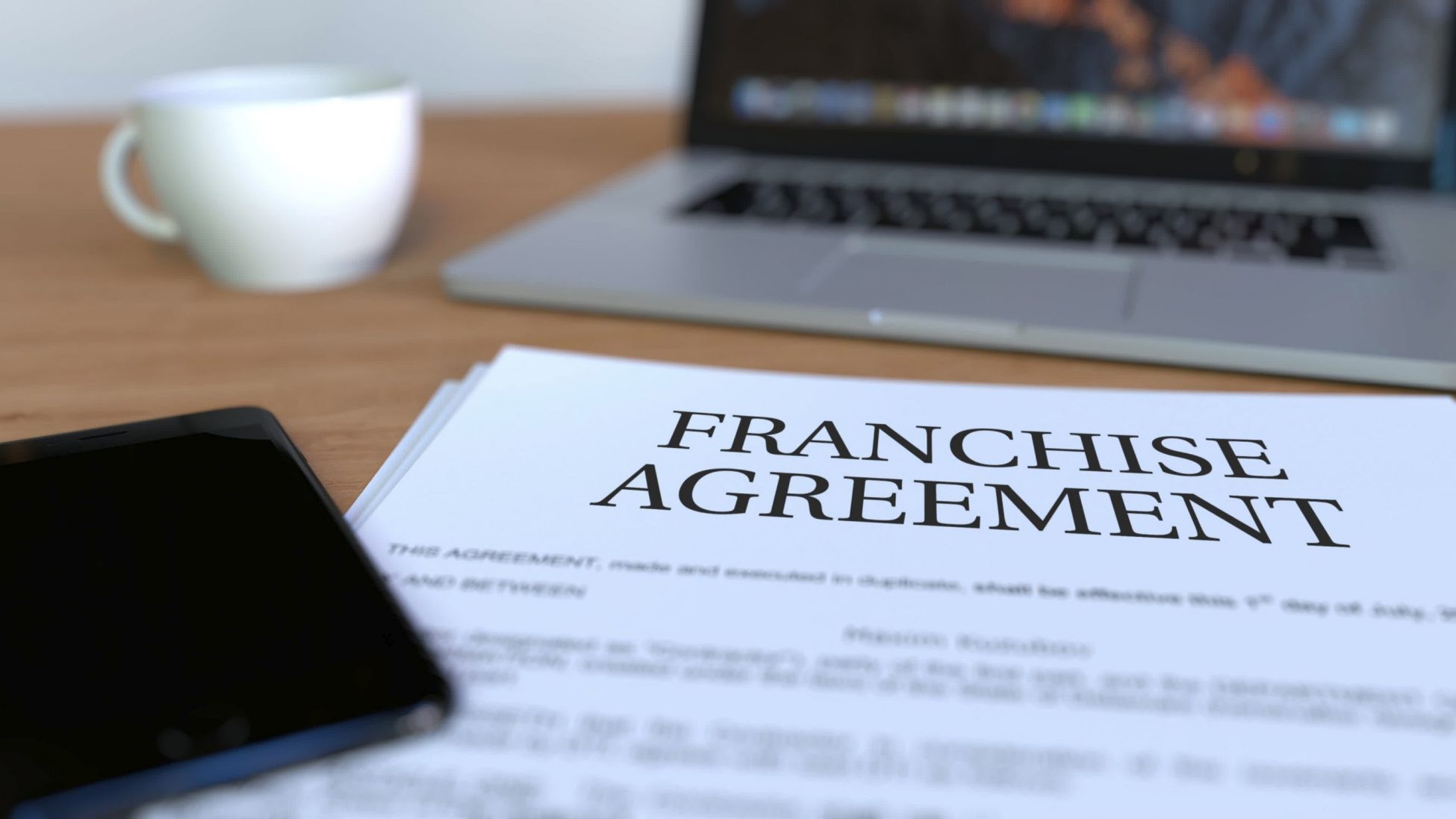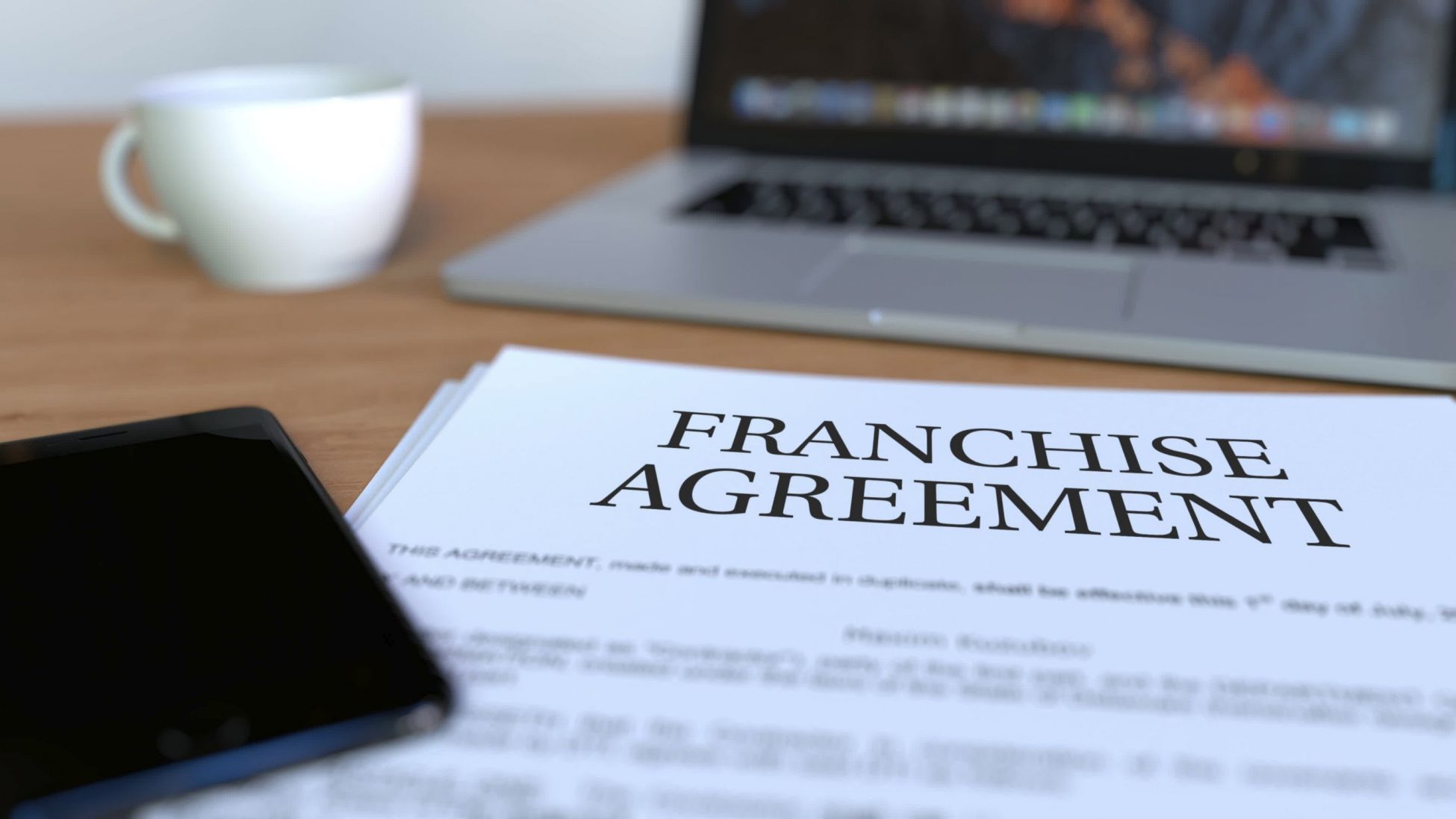![]()
![]()
![]()
![]()
Franchisors and their agents beware. Franchisees are fighting back against misrepresentations that constitute misleading and deceptive conduct under the Australian Consumer Law ( ACL).
Some readers will be familiar with the Ultimate Fighting Champion (UFC). UFC is a mixed martial arts (MMA) full contact combat sports that allows a variety of fighting techniques and skills from other combat sports to be used in competition. UFC gyms are an extension of the UFC brand and draws upon the training programs and benefits of MMA for all to experience.
In a recent Federal Court decision of Girchow Enterprises Pty Ltd V Ultimate Franchising Group Pty Ltd (UFG) the Court had to decide whether the Franchisor had by virtue of its and its directors’ representations engaged in misleading and deceptive conduct with the meaning of the ACL. The Franchisor, UFG, was the Australian Franchisor of the UFC Gym franchise operating under a Master Territory Agreement with the USA Master Franchisor. The claim was brought by three separate Franchisees within the UFC Franchise System i.e. Castle Hill, Wetherill Park and Balcatta
At its peak, the Franchisor had more than 10 fitness centers in Sydney, Melbourne, Perth and the Gold Coast.
The Allegations
The Franchisees of the UFC Franchise System collectively brought proceedings alleging the Australian Franchisor and its directors had, amongst other things, misrepresented:
- the gross income, gross profit of the Franchisees;
- the start-up costs.
that the Franchisor had no reasonable basis to make the representations and importantly the Franchisees relied upon the representations when deciding to enter into the Franchise agreements.
The court considered all the evidence including information sessions with prospective franchisees, slide presentations to franchisees, a skype meetings, email correspondence, verbal conversations, financial modelling forecasts and disclosure statements before determining that some of the representations that had been made were indeed misleading and deceptive and bereft of evidence to support them.
The Findings
On the question of start up and establishment costs it preferred the evidence of the two of Franchisees and hence found that the Franchisor had understated the set up and establishment costs without reasonable grounds for so doing. Importantly it further found that the Franchisee had entered into the Franchise Agreement because of the Franchisor’s and its directors misrepresentations.
Specifically it found that the Franchisor and its directors represented to the Balcatta Franchise on a number of different occasions that that a UFC Gym would be able to be established for start-up costs in the range of $500,000 to $800,000, such costs including fit-out, all equipment, working capital and the franchise fee of $60,000. It found that the Franchisor ought to have known at the time the Disclosure Statement was issue to the Franchise that the range stated therein was grossly understated. The fit out costs alone for Balcatta were estimated at $826,495 with the equipment being some $350,000 more.
Similar findings were made in regard to one of the remaining 2 Franchises.
On the question of misrepresentation regarding projected income, cash flow memberships P & L forecasts and performance, the Court found that the these too were also misleading and deceptive and that several of the Franchisees had relied upon them.
Another telling finding of the Court was a misrepresentation made by the Franchisor and directors that they had “preferential” gym equipment suppliers which would benefit Franchisees, Yet the evidence showed to the contrary the Franchisor marked up prices and did not disclose rebates it was receiving from suppliers.
The Orders
The Court ordered that all 3 Franchise Agreements were void and that the Franchisor and its Directors should pay compensation of over $1.5 M to each Franchisee for such transgressions – plus legal costs.
The learnings from this story?
For Franchisors – be accurate as possible in all representations made regarding “ total establishment costs” for fitting out, equipping and setting up a Franchise and making profit and loss forecasts and err on the side of caution. Base the information on as accurate data you can find and be sure to quality any information, you’re not clear on. A statement from a Franchisee that they are not relying upon the information provided by a Franchisor may not be enough to avoid a breach of the Australian Consumer Law for misleading and deceptive conduct.
For Franchisees –The judgement may turn out to be a hollow victory as the Franchisor has gone into liquidation and its not clear what assets the Directors have. Better to dig deeper on the representations made before entering into the Franchise Agreement. Ask questions and investigate further the costs and estimates you are provided.
It has been reported that at least one of the parties to the case has filed an appeal.

